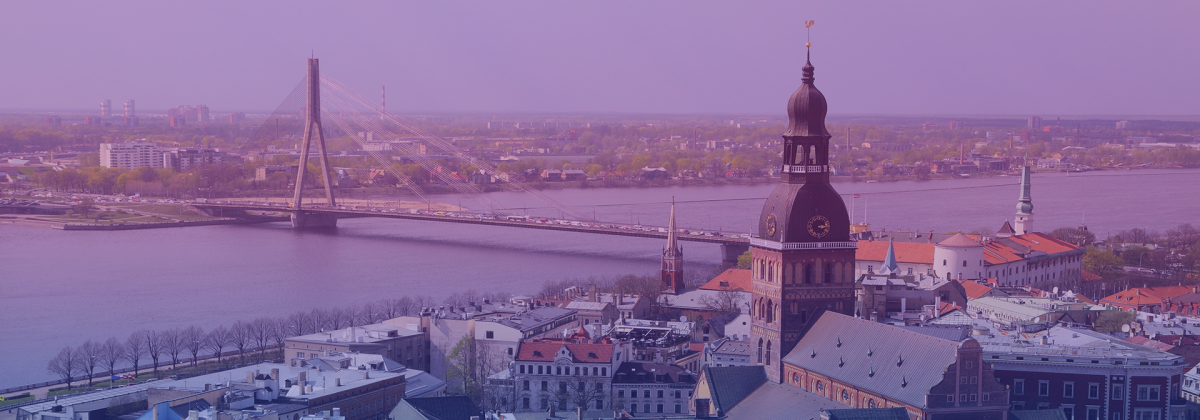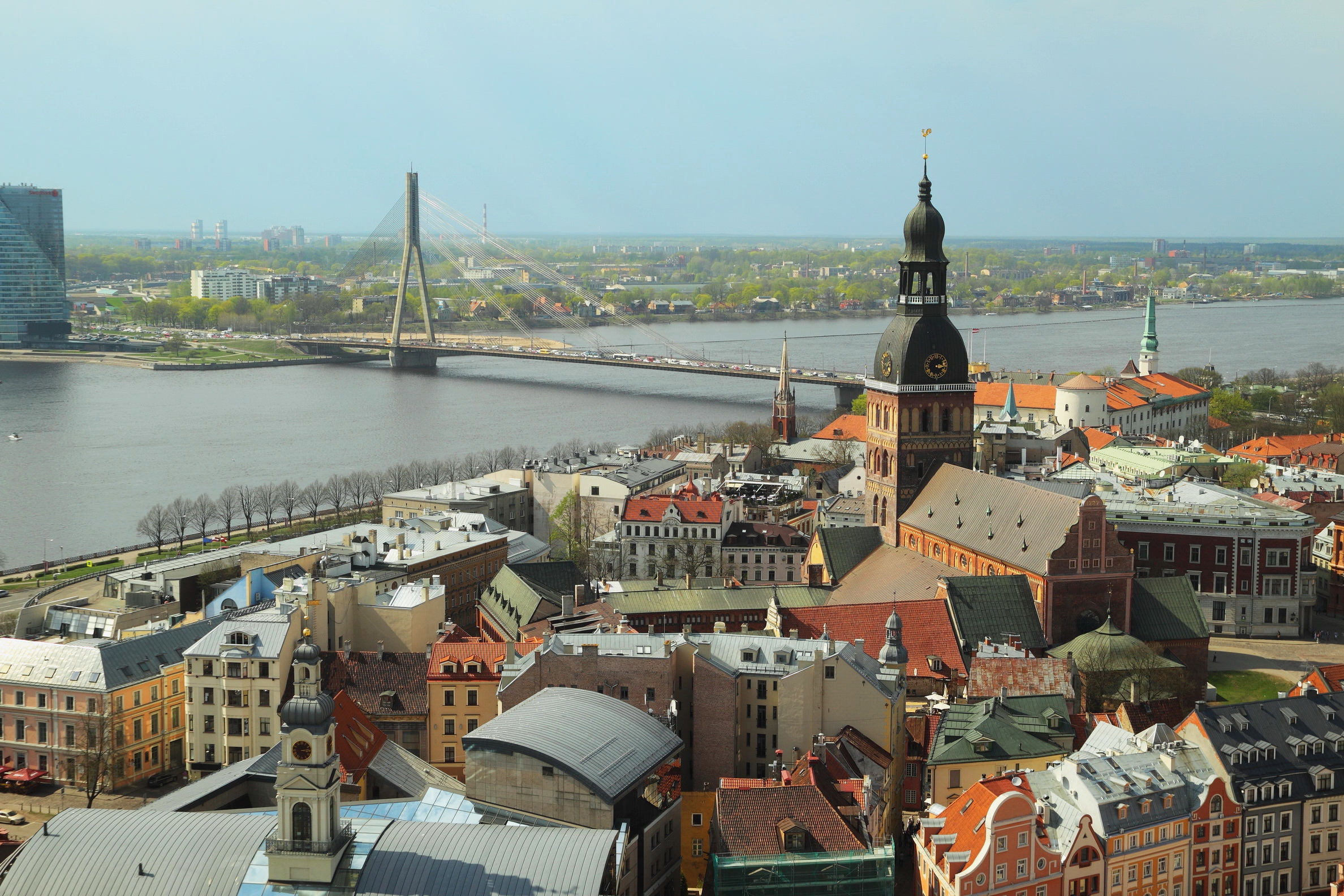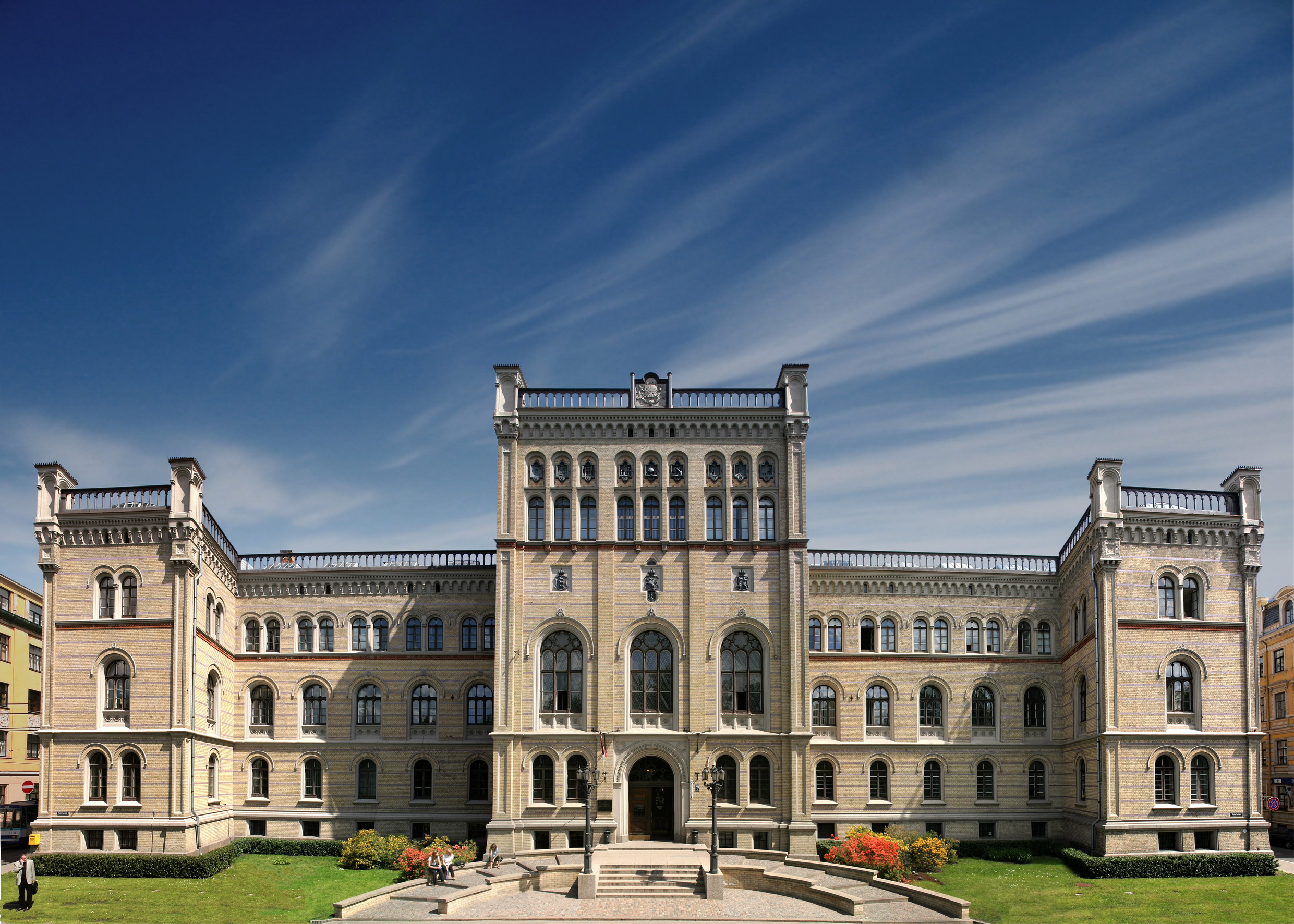Due to the unclear situation regarding COVID-19 and the reluctance of some colleagues to attend any events in August or September, and after discussing several options with the Steering Committee, we have decided to postpone the conference to 2021, likely to the first days of August 2021 (right after the Cognitive Science Society meeting in Vienna). We think that a physical co-presence conference would be better in terms of interaction, discussion, and networking.
We will announce additional / new Call for Papers, however:
- All accepted posters will stay accepted in our postponed conference, and all 2020-paper and poster submitters will have a discounted participation fee at the 2021 event.
- Workshops and Symposia are also postponed to 2021 (all accepted contributions will stay accepted in our postponed conference).
- Nevertheless, we will publish (2020) the book of the accepted regular papers because we have finished the selection, and we are aware that some colleagues’ work as a part of funding project or Ph.D. project significantly depends on this publication. (We will have a publication fee that should be paid by at least one author of each contribution.)
Please follow all updates on SC2020/21 and all co-affiliated satellite events on http://sc2020.lu.lv/
We hope to see you in 2021!
Very best,
Jurgis Skilters, Nora Newcombe, David Uttal
(Program Chairs)



